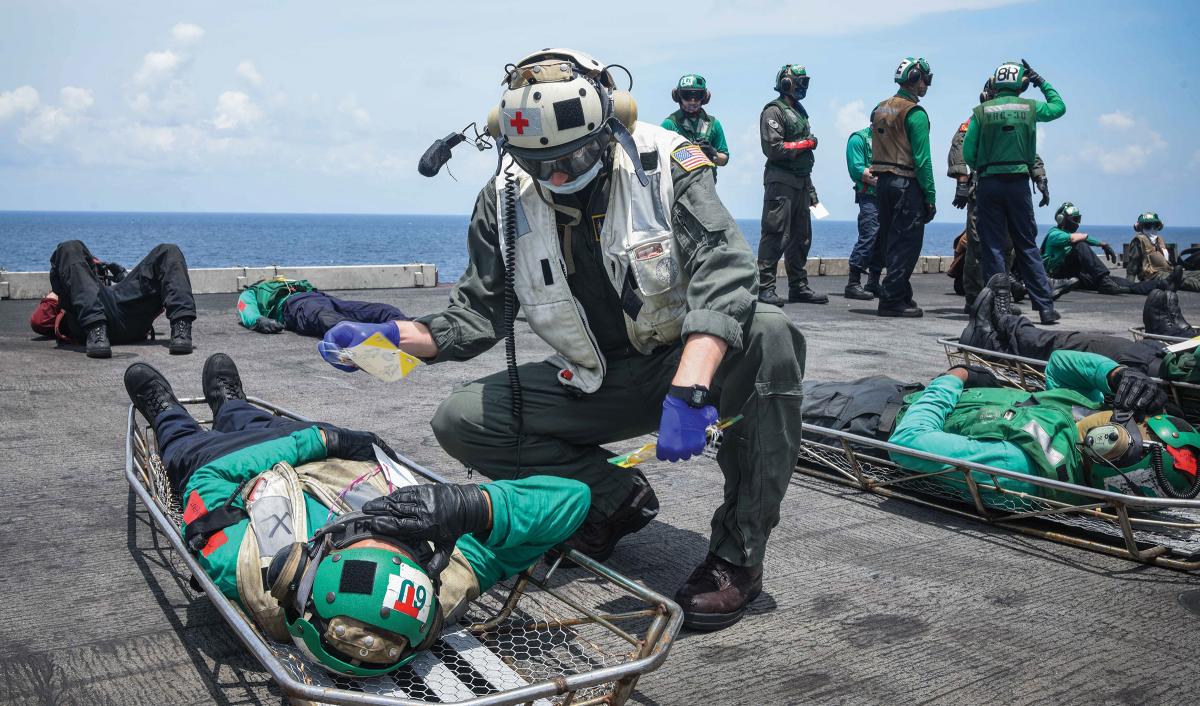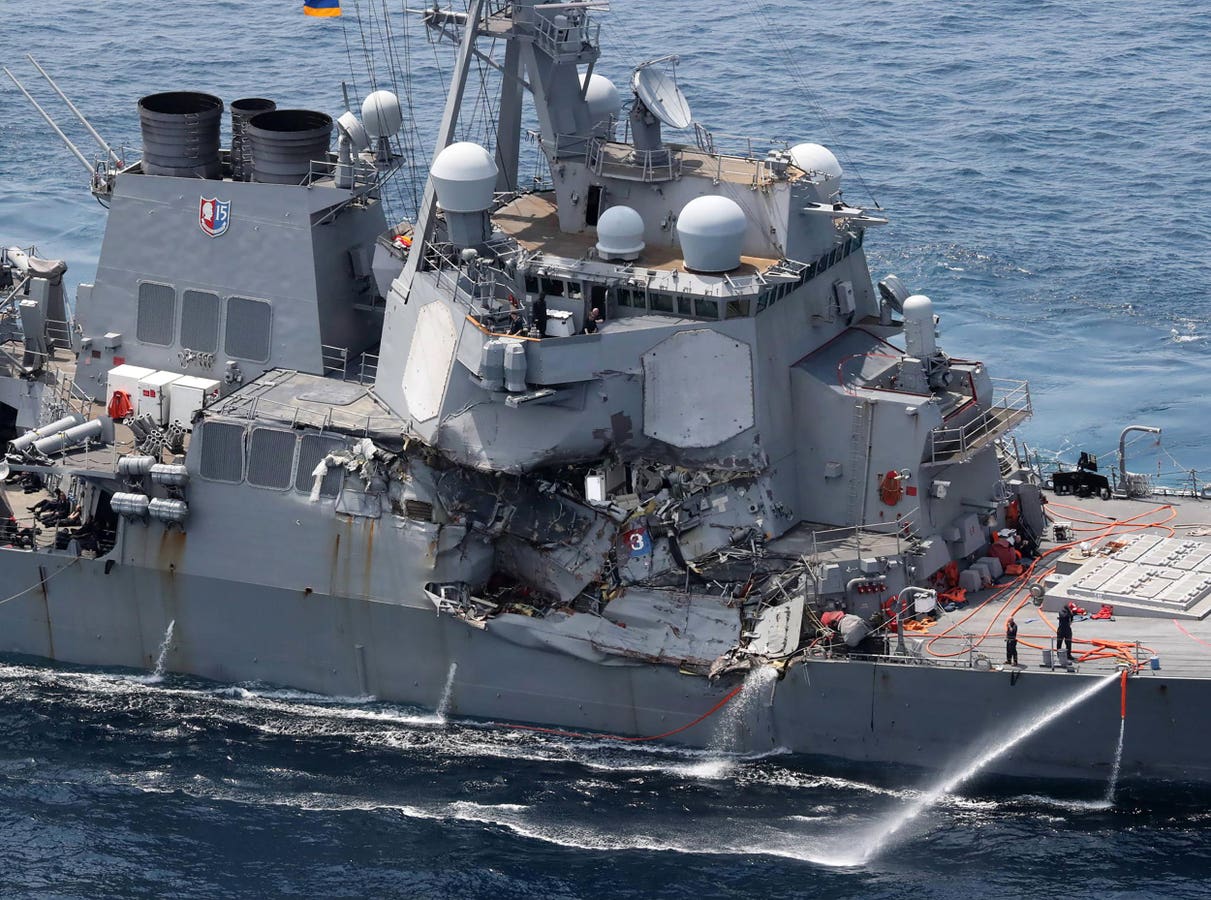Scott Kenny
ACCESS: Above Top Secret
- Joined
- 15 May 2023
- Messages
- 6,146
- Reaction score
- 5,005
Pretty sure this is the right place on the forum to post this kind of topic. If not, please move and let me know where I should have posted it, please!
"The reason that Space Force became naval culture, and not Air Force."
I have an idea for a short story, it involves at least a total crew loss, if not a total craft loss. This would end up being something spoken about like the Forestall Fire or the Bonefish Fire, a lesson learned at great cost in life and equipment. But I cannot come up with a good idea as to what it would be in terms of a mechanical failure.
I'm assuming that the US Space Force would stay on Air Force culture for quite a while as they get small manned spacecraft. I am mentally picturing roughly a dozen crew onboard for 6 months or so. Basically all maintenance gets deferred till end of mission. A fire isn't hugely likely in space. Still possible, but unlikely to be craft-destroying. A micrometeor holing a low temperature radiator that then causes a catastrophic heat spike was an early idea, but modern computer chips have temperature sensors so would be very unlikely to get catastrophically hot without giving the crew lots of warning.
So I'd like to ask the forumites here for ideas. Thanks!
"The reason that Space Force became naval culture, and not Air Force."
I have an idea for a short story, it involves at least a total crew loss, if not a total craft loss. This would end up being something spoken about like the Forestall Fire or the Bonefish Fire, a lesson learned at great cost in life and equipment. But I cannot come up with a good idea as to what it would be in terms of a mechanical failure.
I'm assuming that the US Space Force would stay on Air Force culture for quite a while as they get small manned spacecraft. I am mentally picturing roughly a dozen crew onboard for 6 months or so. Basically all maintenance gets deferred till end of mission. A fire isn't hugely likely in space. Still possible, but unlikely to be craft-destroying. A micrometeor holing a low temperature radiator that then causes a catastrophic heat spike was an early idea, but modern computer chips have temperature sensors so would be very unlikely to get catastrophically hot without giving the crew lots of warning.
So I'd like to ask the forumites here for ideas. Thanks!




